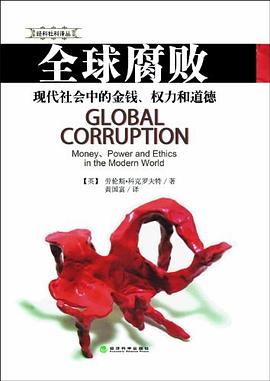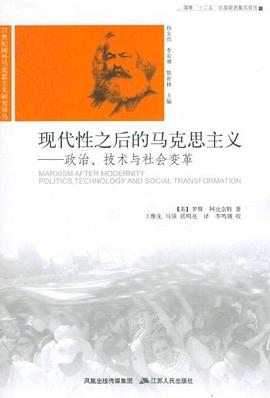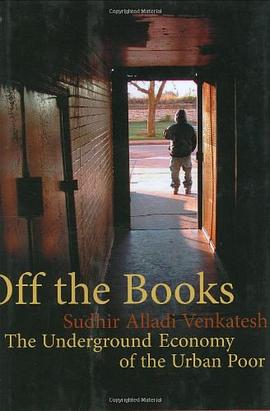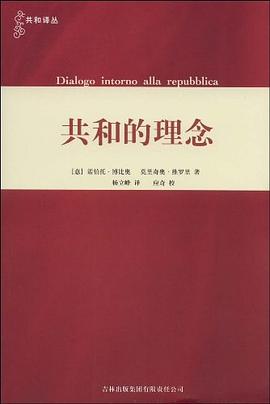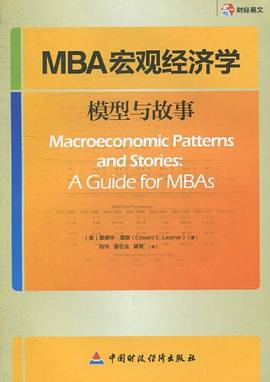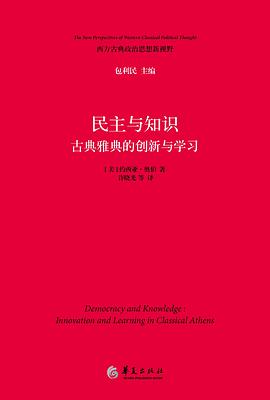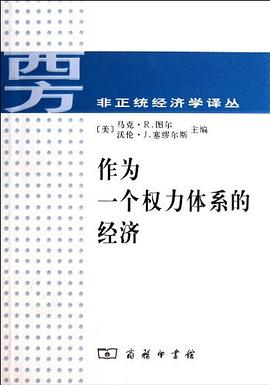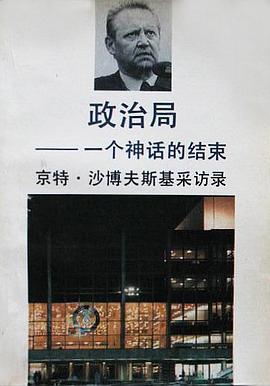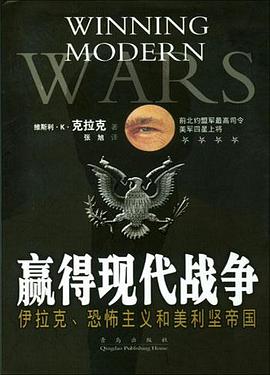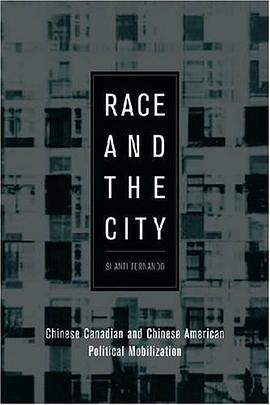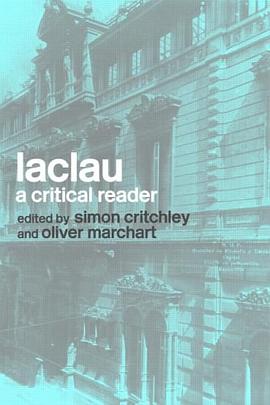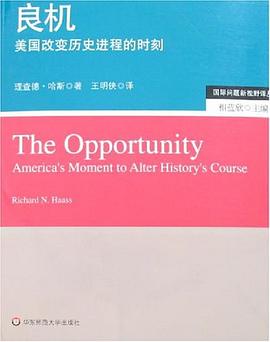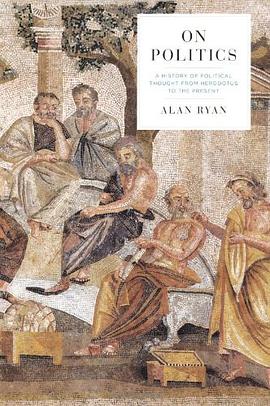

具体描述
T IS hard to summon up much enthusiasm for politics these days. In Europe politicians are paralysed in the face of low growth and high unemployment. In the United States they are threatening to push the country off a fiscal cliff of their own devising. And in the Arab world spring has already turned into winter. Left-wingers rightly point out that the recently ascendant liberal orthodoxy has brought problems in its wake. Yet they are singularly incapable of forging a progressive consensus to replace it.
One of the many merits of Alan Ryan’s monumental new history of political philosophy is that it restores our enthusiasm for politics. Mr Ryan has devoted his life to studying political ideas, first at Oxford and then at Princeton, and he reminds us that politics is about fundamental philosophical issues rather than just horrible hacks calling each other poopy-heads. How can people run their collective affairs without sacrificing individual rights to collective order? What is the basis of the state’s authority over its citizens? Should that authority be absolute or limited by constitutional checks and individual rights?
The fact that human beings have been debating these subjects since the days of Plato and Aristotle matters for two obvious reasons. The first is that we continue to think about practical affairs in terms that have been bequeathed to us by our forebears. The Americans and the French are the world leaders in this, obsessed with their revolutions. But the British also think in terms of Magna Carta and colonial people in terms of their founding constitutions. Lineage matters.
It is also important that, as Mr Ryan puts it, “long-dead writers often speak to us with greater freshness and immediacy than our contemporaries.” James Madison has the best advice for Egyptian liberals who want to prevent Muhammad Morsi from turning democracy into dictatorship. John Stuart Mill (pictured centre) has the best arguments against Michael Bloomberg and the “soft despotism” entailed in his soft-drink regulations. Immanuel Kant has the best insights into the gay-marriage debate—he argues that, once you have stripped away the nonsense, marriage is nothing more than a contract for the mutual use of the sex organs. Mr Ryan’s historical approach helps us at the very least to look at our problems from new angles, and at best to harness the help of history’s sharpest minds in producing policies.
These political thinkers have the added bonus of being extraordinary characters. Thomas Hobbes (pictured right) was born prematurely during a thunderstorm—“my Mother dear, did bring forth twins, both me and fear,” he said—and erected his entire political system on the bedrock of terror. Jean-Jacques Rousseau idealised humanity but sent five children to foundling hospitals (where only 10% survived). Mill was raised to be a utilitarian calculating machine, but devoted his later years to his wife and soulmate.
Mr Ryan has packaged “On Politics” into a single volume. But it is really three books. The first is a study of political theory from Plato to Machiavelli. Mr Ryan is first-rate on Plato and Aristotle (pictured left) but workmanlike on the Middle Ages. The second takes the story from Thomas Hobbes to Karl Marx. Mr Ryan is particularly good on Hobbes, with whom he enjoys jousting, and Mill, with whom he clearly sympathises. The third book covers the great themes of political thought, such as democracy and human rights. It poses as an essay on the 20th century but in fact ranges freely over the ages. This last part is very much worth the wait.
Mr Ryan’s approach to political theory is thoroughly old-fashioned—and all the better for it. In recent years historians and political theorists have been busily undermining the Western canon—dissolving the great political theorists in their wider intellectual contexts or discovering seminal thinkers in the rest of the world. This has produced some admirable results in the skilful hands of Quentin Skinner and John Pocock, but it has also threatened to rob the great tradition of its greatness. Mr Ryan is happy to put the greatness back in. He treats Hobbes and company as thinkers to be grappled with rather than historical figures to be contextualised. He seldom strays far from the Western tradition, pointing out that the political classes around the world continue to think about politics in terms that were invented by the Greeks (who lived in city-states with populations of just a few thousand) and refined by a handful of European thinkers and their American offspring.
Mr Ryan says at one point that “the pleasures of reading Montesquieu are those of encountering a really well-stocked mind and imagination.” The same can be said of the pleasures of reading this book. Mr Ryan is not a perfect chronicler. He makes some odd editorial decisions—for example, analysing Machiavelli after the Reformation rather than before it. He commits sins of both commission and omission. He refers several times to Edward Bellamy’s Utopian novel from 1888, “Looking Backward”, but cannot find room to mention Walter Bagehot, who produced a particularly rich and interesting portrait of politics in Britain at the height of its power. He says too little about the exact ways in which Western ideas have been interpreted by the rest of the world. And he is absurdly fond of the word “plangent”. But “On Politics” is nevertheless an impressive achievement: an enjoyable mental workout and an admirable monument to a lifetime of academic toil.
作者简介
阿兰·瑞安(Alan Ryan),政治学家、政治评论家、英国国家学术院院士。
他生于1940年,1988年开始任美国普林斯顿大学政治学教授,1996年至2009年间,担任牛津大学新学院(New College, Oxford University)院长。之后,他还陆续执 教于普林斯顿大学政治学系和斯坦福大学哲学系,2015年退休。
瑞安的研究领域非常广泛,跨越政治理论、哲学和法学,专攻自由主义政治理论,并且是斯图尔特·穆勒、约翰·杜威思想研究方面的权威。同时,瑞安也是一个关心公共事务的学者,针对世界的政治时事发表过大量的讲座与评论,并长期为《纽约书评》《伦敦书评》《泰晤士报文学副刊》撰写书评和时事评论。
林华(译者),联合国高级翻译,在联合国总部工作30余年,现为同声传译中文组负责人。主要译著、合译著包括《论中国》《世界秩序》《从黎明到衰落》《战争史》《地狱之行》等。
目录信息
读后感
刚开始收到这本书时,我内心还有一点小抵触,我怕这本《论政治》与其它政治类书籍一样太过深奥我不能看懂,但事实上是我多虑了,作者阿兰.瑞安虽作为一个权威的政治学家,政治评论家,个人经历丰富(1988年开始担任美国普林斯顿大学政治学教授,1996到2009年,担任牛津大学新学...
评分 评分近段时间韩国一直霸占新闻头条,最初是总统朴槿惠爆出“闺蜜门”,引发韩国民众大规模示威,纷纷要求她下台,令她成为韩国第一任被弹劾的总统。但舆论还没消停下去,乐天集团与韩国政府交换土地用于“萨德”导弹的部署,又将韩国推上风口浪尖,此事在我国引起轩然大波,不少民...
评分刚开始收到这本书时,我内心还有一点小抵触,我怕这本《论政治》与其它政治类书籍一样太过深奥我不能看懂,但事实上是我多虑了,作者阿兰.瑞安虽作为一个权威的政治学家,政治评论家,个人经历丰富(1988年开始担任美国普林斯顿大学政治学教授,1996到2009年,担任牛津大学新学...
用户评价
我觉得是目前最好的政治思想通史,每一个思想家的历史语境和主要理论观点都呈现得很清晰。没有萨拜因和施派文集那种不合时宜的宏大叙事,但又不像mcdonald那样陷入繁琐的文本复述,只是评论的时候有一个中肯的自由主义视角,因为比一些剑桥合编文集有更为连贯的叙事口径。改编自讲稿,有些论述比较口语化。
评分我觉得是目前最好的政治思想通史,每一个思想家的历史语境和主要理论观点都呈现得很清晰。没有萨拜因和施派文集那种不合时宜的宏大叙事,但又不像mcdonald那样陷入繁琐的文本复述,只是评论的时候有一个中肯的自由主义视角,因为比一些剑桥合编文集有更为连贯的叙事口径。改编自讲稿,有些论述比较口语化。
评分我觉得是目前最好的政治思想通史,每一个思想家的历史语境和主要理论观点都呈现得很清晰。没有萨拜因和施派文集那种不合时宜的宏大叙事,但又不像mcdonald那样陷入繁琐的文本复述,只是评论的时候有一个中肯的自由主义视角,因为比一些剑桥合编文集有更为连贯的叙事口径。改编自讲稿,有些论述比较口语化。
评分我觉得是目前最好的政治思想通史,每一个思想家的历史语境和主要理论观点都呈现得很清晰。没有萨拜因和施派文集那种不合时宜的宏大叙事,但又不像mcdonald那样陷入繁琐的文本复述,只是评论的时候有一个中肯的自由主义视角,因为比一些剑桥合编文集有更为连贯的叙事口径。改编自讲稿,有些论述比较口语化。
评分我觉得是目前最好的政治思想通史,每一个思想家的历史语境和主要理论观点都呈现得很清晰。没有萨拜因和施派文集那种不合时宜的宏大叙事,但又不像mcdonald那样陷入繁琐的文本复述,只是评论的时候有一个中肯的自由主义视角,因为比一些剑桥合编文集有更为连贯的叙事口径。改编自讲稿,有些论述比较口语化。
相关图书
本站所有内容均为互联网搜索引擎提供的公开搜索信息,本站不存储任何数据与内容,任何内容与数据均与本站无关,如有需要请联系相关搜索引擎包括但不限于百度,google,bing,sogou 等
© 2025 book.wenda123.org All Rights Reserved. 图书目录大全 版权所有

